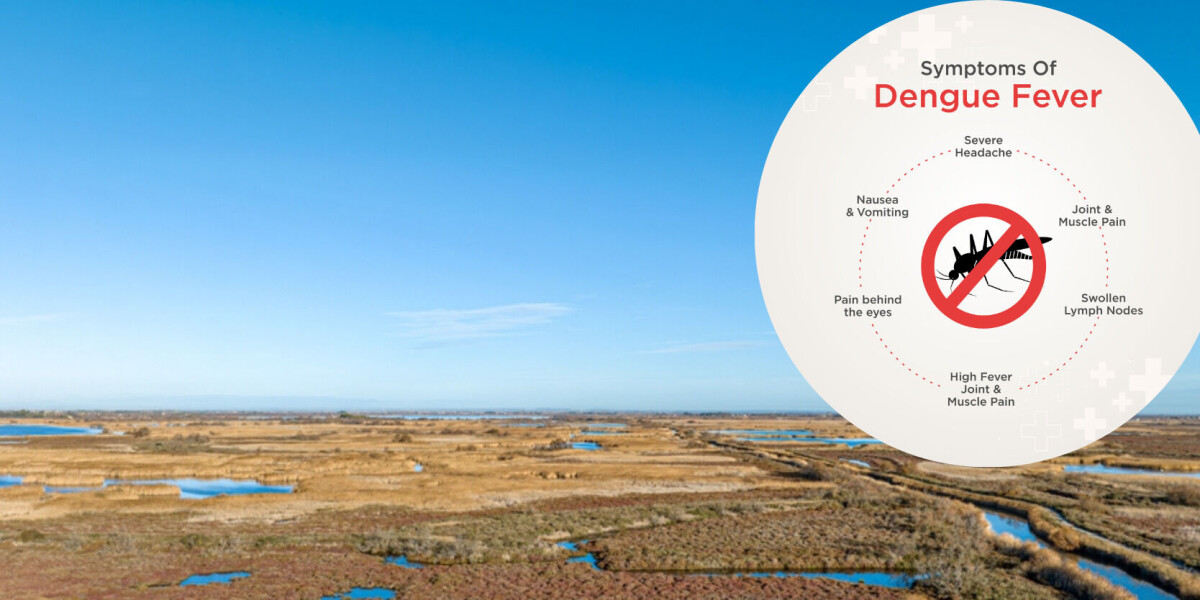
Dengue fever in France - how widespread is it in summer 2024?
- Select a language for the TTS:
- UK English Female
- UK English Male
- US English Female
- US English Male
- Australian Female
- Australian Male
- Language selected: (auto detect) - EN
Play all audios:

Three more ‘native’ cases of dengue fever were detected in the south of France on August 8, bringing the total in the past month to six. More outbreaks are likely to follow, France’s public
health authority has announced.
Dengue fever is a potentially dangerous illness characterised by high fever, headaches, nausea and vomiting. In some cases, it can be fatal. It is usually transmitted by tiger mosquitoes
biting an infected person and then passing it on with a bite to another person.
Most people with dengue show no symptoms, and many others might mistake it for something else (symptoms are flu like), particularly in places such as France where the disease is not endemic.
It typically follows an incubation period of four to 10 days.
Up to four billion people inhabit countries where dengue is considered to be a common health risk, including vast swathes of South America, South East Asia and East Africa.
The disease is not endemic to Europe, but this could be changing as the climate warms up.
Read more: Mosquitoes, hornets, stink bugs: life cycles change as France warms up
Many cases of dengue are imported to mainland France by visitors or travellers returning from abroad, with over 3,000 already reported in 2024 according to public health authority Santé
publique France (SpF).
“2023 and 2024 were record years, both in France and around the world, for the number of cases of dengue fever,” announced SpF coordinator Marie-Claire Paty on August 9.
“However, the curve of imported cases has been decreasing for the past few weeks in line with the epidemics in the Antilles and Latin America,” she said.
Despite the high number of imported cases and presence of tiger mosquitoes in every region of France, the disease does not spread as easily here as it does in subtropical climes.
When the disease spreads to someone who has not been abroad via a local disease vector, this is known as a ‘native case’, which could be a sign that dengue is gaining a foothold in France.
In 2023, the Paris regional health authority announced that it had identified the first native case of dengue in the Ile-de France region, with a total of 45 cases diagnosed nationwide.
In 2024, the first native case of dengue was identified in Montpellier, Hérault, in July.
Within a month five more cases were detected, all in the south: two in Paca at La Colle-sur-Loup, Alpes-Maritimes and three in Occitanie, at Florac (Lozère) and Aimargues (Gard).
Ms Paty suggested that the number of infections is likely to rise.
“The risk of transmission is highest in August and September,” she said. “There will likely be other outbreaks in the weeks ahead.”
SpF also announced that it had detected three cases of West Nile, also spread by tiger mosquitoes virus near Toulon.
The Occitanie health authority (ARS) says people should avoid letting water stagnate near their home in plant pots, gutters or ponds.
It says the disease is generally benign. The symptoms are similar to those of the flu.
